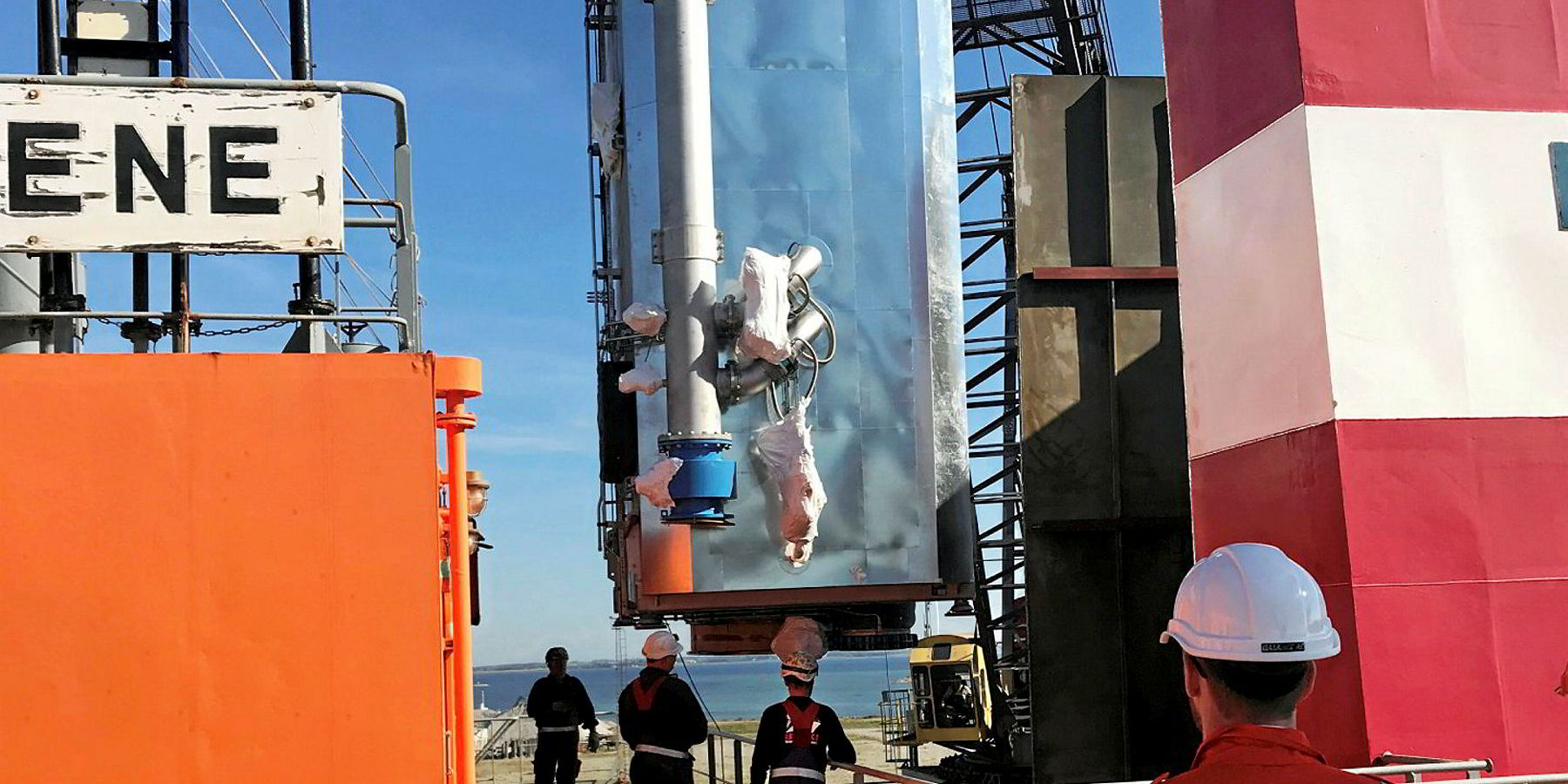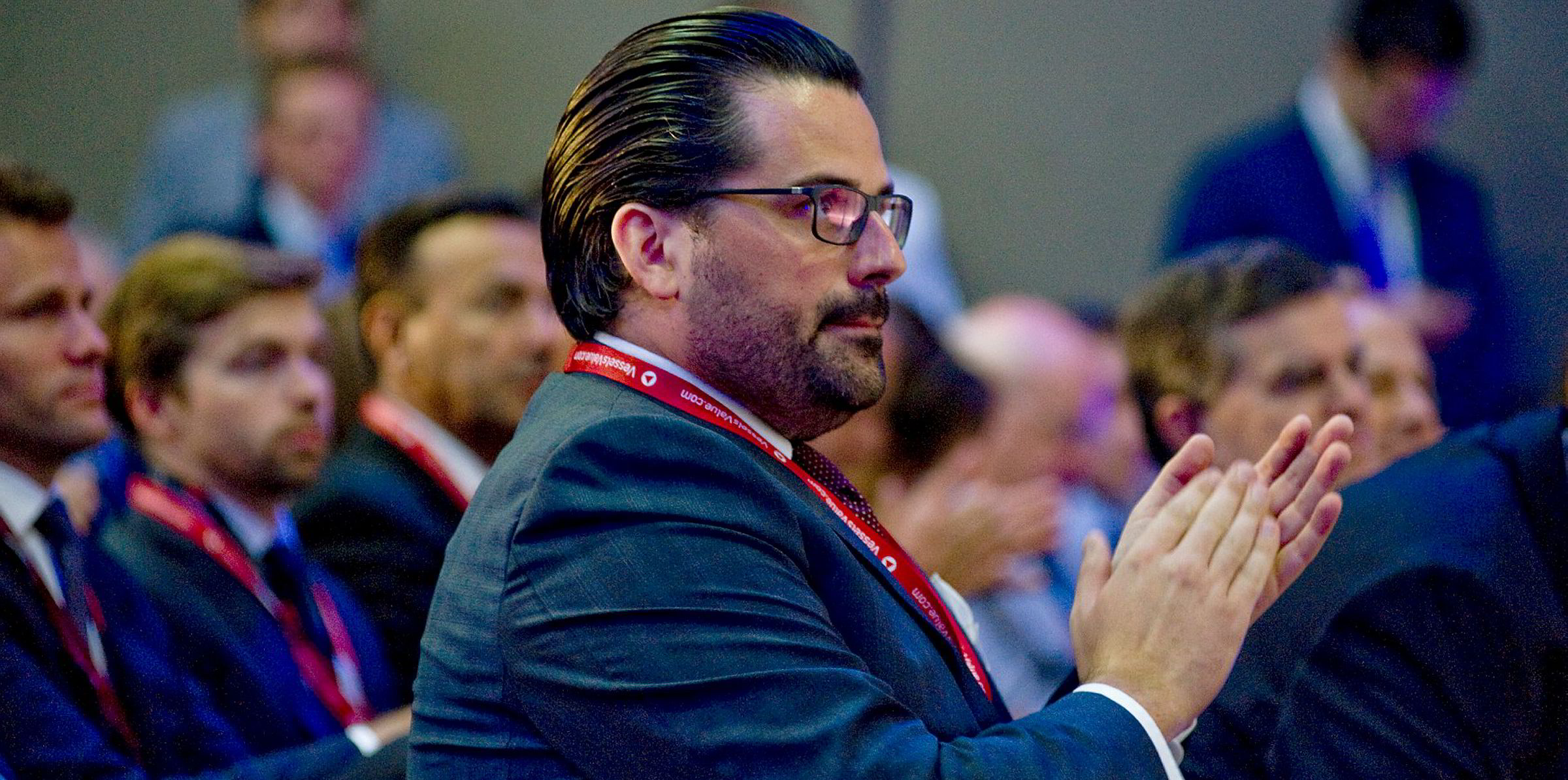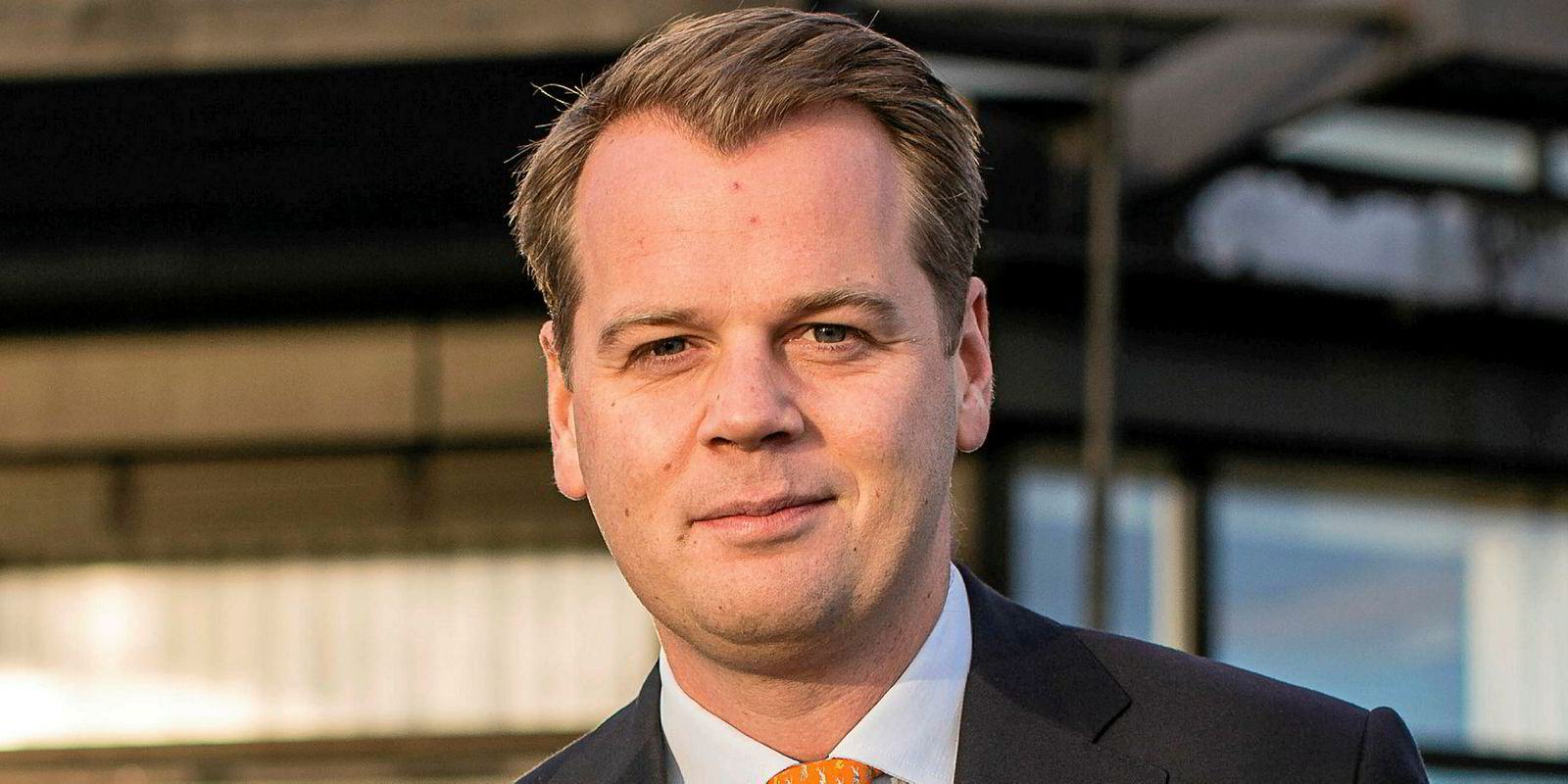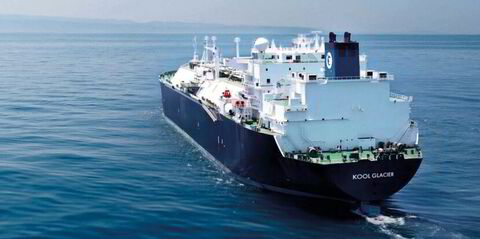To scrub or not to scrub may be the dominant issue facing shipowners ahead of the IMO 2020 emissions deadline, but the question of how to pay the bill is creating its own headaches.
In a nutshell, financing exhaust-gas scrubbers at between $2m and $4m each is not easy, and may prove an impossible task for some owners, experts tell TradeWinds.
“Scrubber financing is difficult. I’d say it’s one of the more difficult financing issues I’ve had to deal with in my career,” says Hugh Baker, a former HSH Nordbank lender who is now chief financial officer at Scorpio Bulkers.
Part of the ship
The main problem is that scrubbers, once installed, essentially become a part of the ship. So how do lenders achieve the desired security to extend financing if they are not the existing ship-mortgage lenders?
“It is very difficult for owners to get financing from others besides their current financiers,” one US-based lender says.
“The scrubber financier will want a second mortgage on the ship and the current financiers will not allow it. I can tell you that if someone asks for another mortgage, my answer is no. Why do I want to deal with someone who wasn’t there in the first place? Why do I want a monkey on my back?”
It is not surprising, then, that the best way to secure scrubber financing is to deal with banks that are already the mortgage holders on the ships.

It is what New York-listed owners such as Star Bulk Carriers and DHT Holdings have done in announcing their programmes, and likely the way Scorpio will proceed in plans to install scrubbers on 146 vessels across its bulker and tanker fleets.
“The first place to go is the existing lenders,” Baker says. “Fortunately there is a huge overlap between traditional ship lenders and the banks that are willing to finance scrubbers.
“Logically, the people you’re going to borrow money from are those you have a relationship with and understand the credit. Every single lender we’re speaking with is essentially someone we have an existing relationship with.”
'More difficult'
The US banker agreed, but noted that the process works best when owners are not butting up against loan-to-valuation (LTV) covenants in existing credit facilities.
“Is there room under the current financing?" he asks. "If there’s not, then it becomes a little more difficult. Then it’s a matter of how much equity is going to come in, and it becomes a dollar-for-dollar-type exercise.
“There also has to be a discussion about how all that money is coming back. A default thinking is that you’re really going to benefit from scrubbers for the first three years. So we’ll look for our money to come back in those three years.”
Scrubber financing is difficult. I’d say it’s one of the more difficult financing issues I’ve had to deal with in my career
Fortunately, he says, most cases to come his way have featured owners who have ample LTV cushioning.
That seems to be the case with Athens-based Star Bulk, which in October pulled off a $310m refinancing to place scrubbers on 50 ships with existing lenders DNB, ABN Amro, BNP Paribas, Danish Ship Finance and SEB.
The “green loan” financing featured competitive pricing at 280 basis points (bps) over the London interbank offered rate (Libor) and a 4.5-year amortisation profile.
DHT signed its own deal for $50m scrubber financing by expanding an existing $300m credit facility with lenders Nordea, ABN Amro, Danish Ship Finance, DNB, ING, SEB and Swedbank.
Pricing again was competitive at 240 bps over Libor.
Baker says export credit agencies (ECAs) may emerge as another source of financing given that many of the scrubbers are manufactured in countries such as China and Norway that would look to support the business.
Time consuming
Still, he notes that ECA-supported financing can be time consuming, strongly focused on top credits and likely not available to everyone.
Indeed, while larger listed companies may have the option of falling back on their existing lending groups for refinancings, many private or smaller owners may find it difficult to source scrubber dollars.
In some cases, charterers are willing to step up and either assist in the financing or install the scrubbers themselves. But there is a cost: they typically are looking to take a share of whatever premium owners are able to achieve in hire rates.
Cargill is one charterer said to be offering to pay for scrubbers on vessels it operates under charters of three or four years, eyeing returns on charter revenue.
“Anything done through charterers is going to be more expensive than through a normal bank,” Baker says. “If you borrow through a bank, there is going to be a certain cost. If you borrow through an alternative source, including charterers, the cost is going to be higher.
“It’s also likely that there are going to be owners who cannot get scrubber financing at all, and their only alternative will be to pay in cash.”






